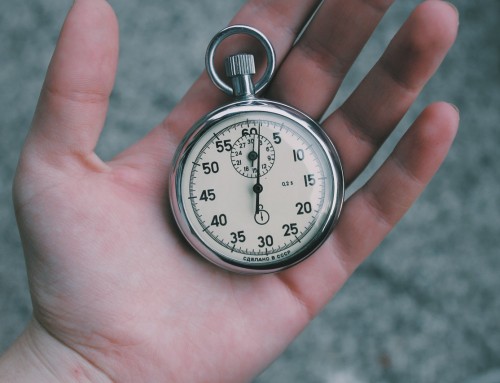Here are 8 tips to help you spring clean your finances.
Spend less than what you earn. How many of us are good budgeters? I know I’m not, so there are other ways, such as forced savings and committing to investments, and getting into good financial habits now. You don’t need to wait until you are good at budgeting to start an investment plan. Look at investing what you save in good quality growth assets such as shares and property.
Owning your own home sooner. Have you looked at strategies to help you do this? What do you with the extra money from a pay rise? What about tax refunds and small windfall gains you would be surprised the difference they would make if you used them to repay your home loan sooner.
Minimise your tax – tax can be the number one expense of your life time, but it doesn’t have to be. Make sure you get sound advice to ensure you are capitalising on any tax benefits available to you.
Not all debt is equal, so manage your borrowings wisely. Smart debt is usually debt you are getting a tax deduction for and that has been used to buy an asset that will grow or produce income. Bad debt offers no tax deduction, or its buying assets that diminish or are consumed.
Own an investment property. The last few days have seen some interesting articles on our new Prime Minister’s property holdings which are a substantial chunk of his total wealth.
Smart Super strategies – ensure you super is invested in line with your situation and where you are in your financial journey.
Build a professionally managed share portfolio – using dollar cost averaging, to capitalise on the peaks and troughs of the share market. It is VERY IMPORTANT to understand that the performance of the investment is not the same as the performance of your strategy. You need Smart strategies that cope with the world the way it is, not the way you would like it to be
Protect your family. Most people insure their house and car. But what’s the biggest asset most of you will own in your lifetime? The biggest asset is you and the income you will earn – it needs to be protected through insurance. Everyone insures their home because if something goes wrong it has a big impact. It’s low risk but high impact. It’s the same if something impacts our health and it means we’re never going to work again. Again, low probability but high impact. And yet most of us don’t insure our income.. We need it most when we have debts and dependents. As we build assets and have lower debts and no dependents, we need it less.
This information is general information only. You should consider the appropriateness of this information with regards to your objectives, financial situation and needs.







Leave A Comment